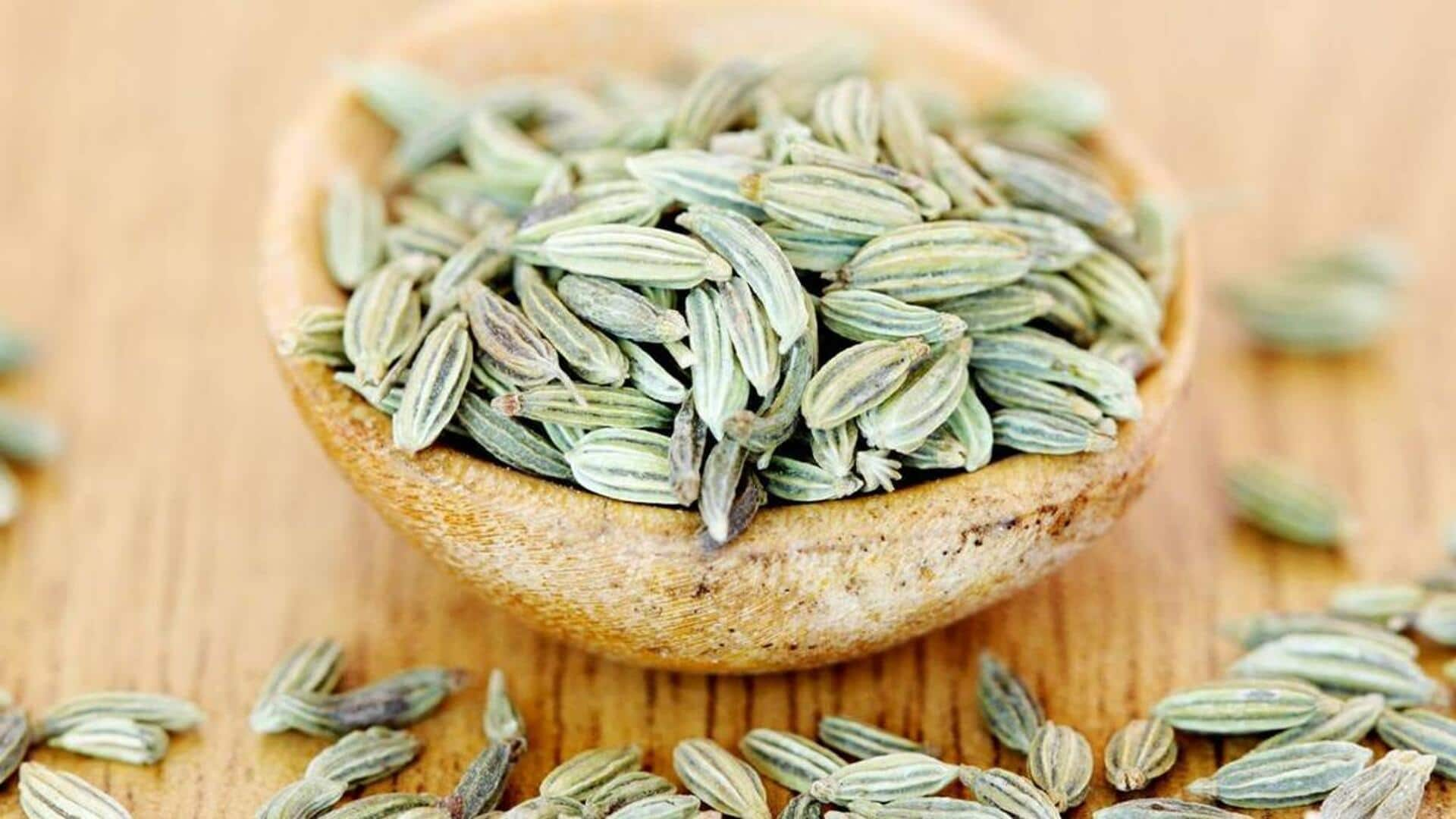
Fennel v/s cumin: Which is more nutritious?
What's the story
Fennel and cumin are two of the most widely used spices in cuisines around the world. Apart from seasoning meals, both spices also contribute some nutritional benefits. In this article, we will take a look at the nutritional differences between fennel and cumin and their individual characteristics. Knowing these differences would help you include the spices in your diet for maximum health benefits.
Fennel facts
Nutritional content of fennel
Fennel seeds are packed with dietary fiber, which ensures digestion and keeps your gut healthy. They are also a good source of essential vitamins such as vitamin C and vitamin A, which help boost the immune system and promote good eyesight. Further, fennel seeds are rich in minerals such as calcium, iron, and magnesium. These minerals are vital for bone health, blood oxygen transport, and muscle function.
Cumin insights
Nutritional content of cumin
Cumin seeds are known to be rich in iron, which is essential for hemoglobin production in blood. They also possess antioxidants which protect cells from damage by free radicals. Additionally, cumin is a rich source of manganese and magnesium, minerals that play a critical role in regulating metabolism and supporting nerve function. The presence of these nutrients makes cumin a worthy addition to any diet.
Caloric count
Caloric comparison between fennel & cumin
When comparing calories, fennel has fewer calories than cumin seeds per serving size. This difference may be relevant for those counting calories while still wanting to enjoy flavorful meals. Despite having more calories per serving than fennel, cumin provides significant nutritional value that can outweigh its caloric content when consumed in moderation.
Additional benefits
Health benefits beyond nutrition
Beyond their nutritional profiles, both fennel and cumin offer additional health benefits, thanks to their bioactive compounds. Traditionally, fennel has been used to relieve bloating and improve digestion owing to its antispasmodic properties. Meanwhile, cumin is often associated with improved digestion, along with potential anti-inflammatory effects that may benefit overall wellness when included regularly in meals.